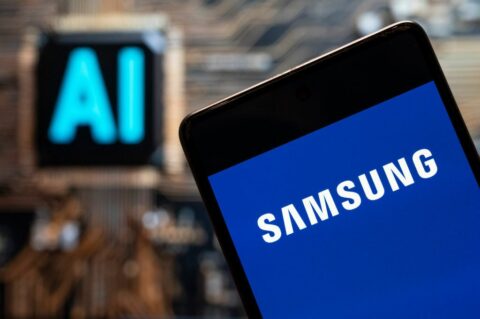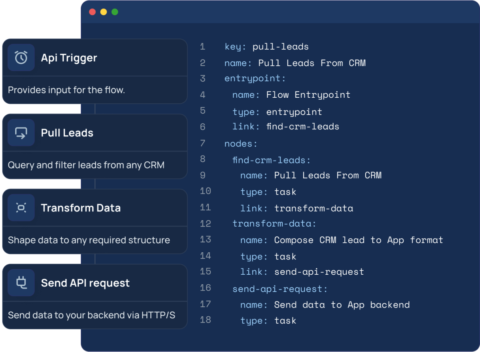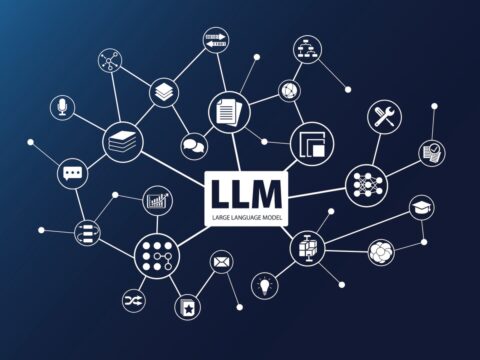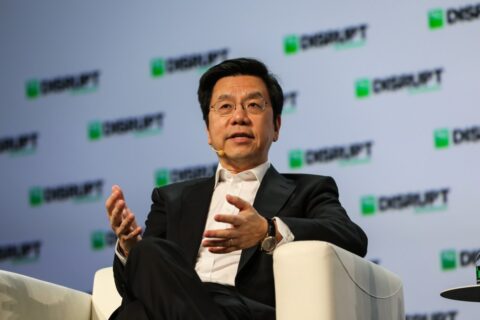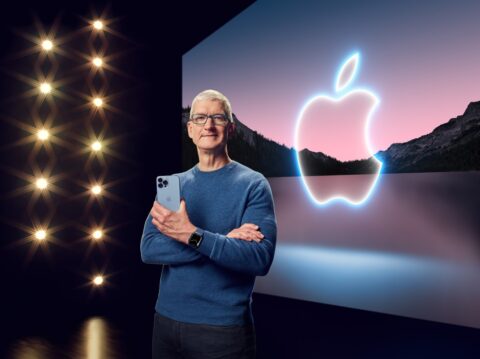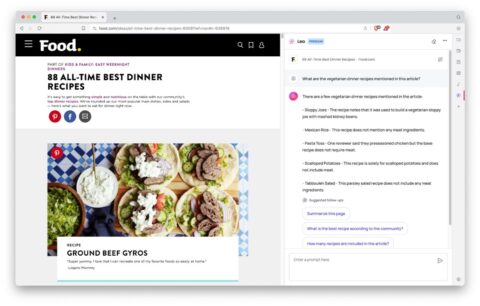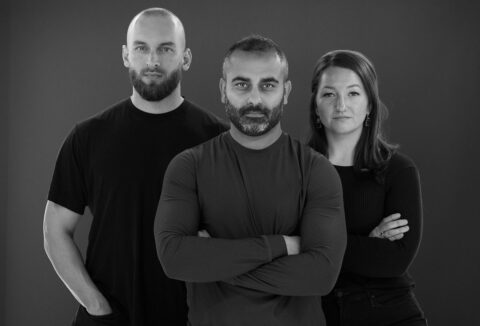At Samsung’s 2023 AI Forum, the company introduced its own large language model with plans to incorporate it into Samsung devices.

Days after OpenAI announced ChatGPT-4 Turbo, Samsung unveiled its own large language model (LLM).
On Wednesday, during the Samsung AI Forum 2023, the company introduced its generative AI model, Samsung Gauss, with plans to integrate it into its smartphones, tablets, and laptops.
After Samsung developers accidentally leaked confidential data by using ChatGPT to help write code, Samsung banned the use of ChatGPT on company devices and started building its own generative AI tool for employees to use internally. Now, the company is bringing its own LLM to the public. OpenAI has kept the upper hand on generative AI tools amidst fierce competition with models developed by Google and Anthropic, but it lacks the strategic advantage of building its own hardware. With Samsung planning an LLM for its devices, Google adding its AI chatbot Bard to the Pixel, and even whispers of Apple working on a ChatGPT competitor, it could mean a shift in the generative AI landscape.
Actually, Samsung Gauss comes in three specialized models: Samsung Gauss Language, Samsung Gauss Code, and Samsung Gauss Image. The language model works like ChatGPT and will be used for writing text, summarizing documents, and translation. The coding model will be used to help developers write code, and the image model has multi-modal support, meaning it can generate and edit images. Generative AI is poised to revolutionize users’ work and daily lives. Adding LLMs to smartphones would create even more impact and introduce new possibilities for life in the AI era.
Samsung Gauss is currently the model used internally by employees and will expand to “a variety of Samsung product applications to provide new user experience in the near future,” said the announcement.
